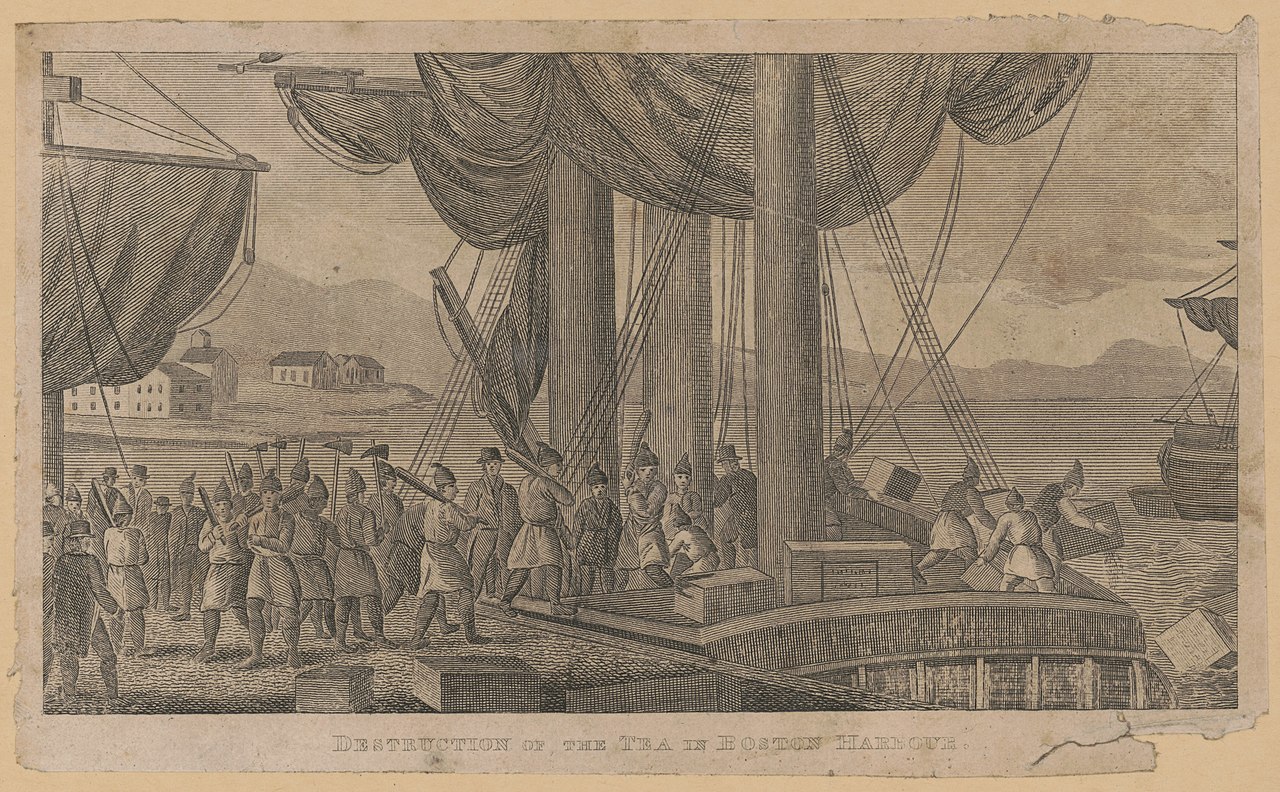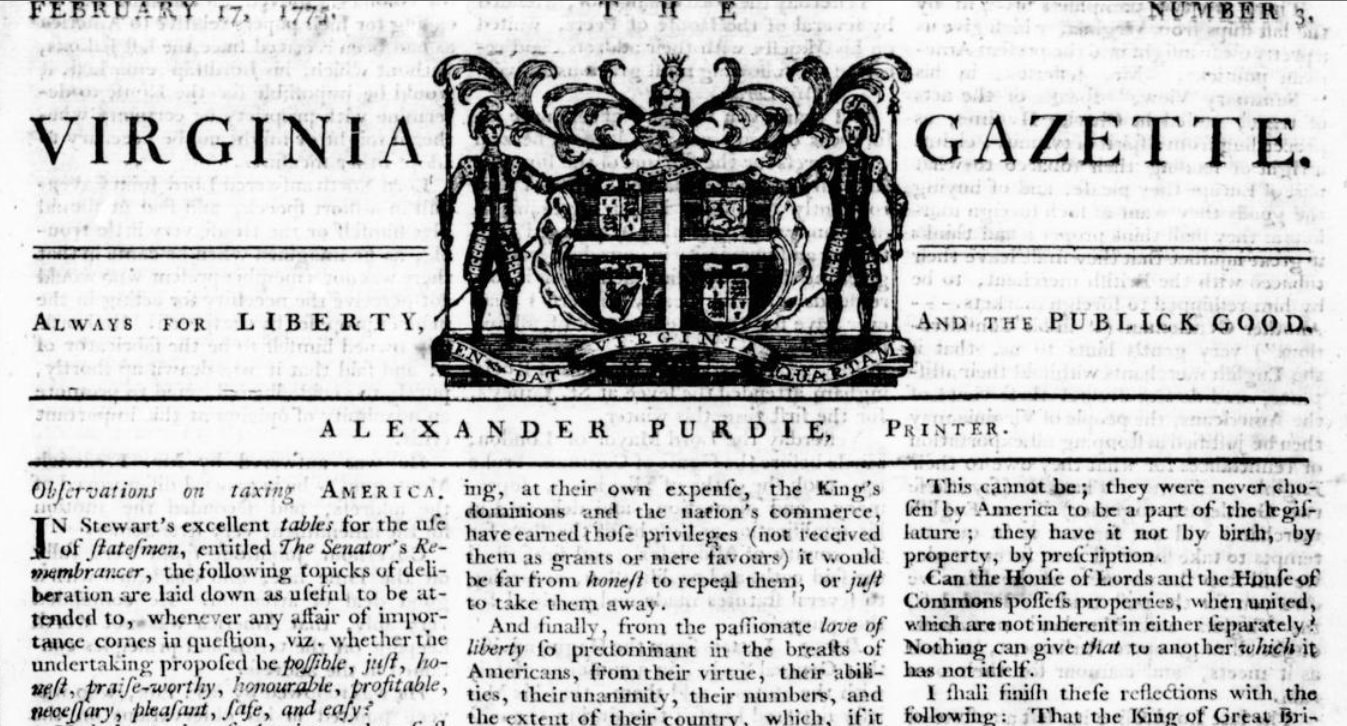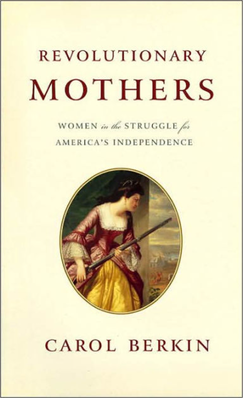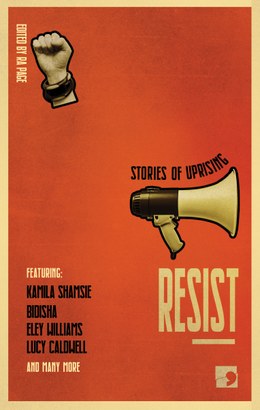|
WORDS BY Anthony Ruggiero The American Revolution marked a turning point in the lives of colonists living in America who, after years of perceived mistreatment by the British, finally declared their independence. Although this separation from Britain was meant to benefit all those who advocated for it in the colonies, the results for American women offered no discernable improvement in their lives. Women were often criticised for their attempts at political participation. Additionally, women were forced to rely on their male counterparts for such things as landholding. Furthermore, although it could be argued that women used their spouses as vehicles to promote their political agenda, their reliance on their spouse was a representation of the gender barriers that existed during the time period. Women were also subjected to brutal treatment that was emblematic of their subordinate role in society. The Boston 'Tea Party' (Popular Graphic Arts [Public domain]) Throughout the events of the revolution and thereafter, women actively participated in promoting the agenda of revolutionists and unsuccessfully advocated for political recognition. For example, in 1775 Providence, when tea was being burned in opposition to Britain’s tea tax, women actively participated in the protest.[1] The Virginia Gazette article, Providence Women Burn Tea, recognized women’s participation within the protest, however it perpetuated a stereotype that women have an “evil tendency of continuing the habit of drinking tea.”[2] Additionally, the article also used a negative description of women to represent the burning of the tea as the “funeral of Madam Souchong.”[3] The article’s description perpetuates the contemporary societal view of women as ‘low’; as prostitutes.[4] Additionally, women’s attempted involvement in politics was also scrutinized. For example, Jane Adams advocated for the rights of women to be recognized in the new nation to her husband, congressman, John Adams, stating that women would cause a “rebellion” if their voices were not heard[5]. In response John Adams described her boldness as laughable, thus showing his disregard for her claims.[6] The Virginia Gazette discusses the British Taxation of the Colonies (Alexander Purdie [Public domain]) Although it can be argued that some women, as part of the social elite in society, were able to promote their political views by using their status, there reliance on their male counterpart also demonstrated their role remained as inferior. For example, a land sale by Anne Holden, a member of the Daughters of Liberty, to four men can be viewed as way to insert herself into the political framework, since women were unable to vote despite the size of their landholding[7]. Through giving her land to these four men, it can be argued that she sought to influence the men’s voting choice. However, this action also showed the reliance of women on the male gender to promote a female political agenda. Lastly, women during this period were subjected to brutal treatment. For example, Mary Philips described being raped by a British soldier who claimed she was secretly working with “rebels.”[8] Despite the promotion of female stereotypes and male oppression, many women continued to actively participate in promoting the agenda of revolutionists and advocated (unsuccessfully) for political recognition. For example, The Daughters of Liberty were a political group that surfaced in response to British taxation in the colonies during the American Revolution[9], in particular the Townshend Acts of 1767, which were a series of measures that imposed customs duties on imported British goods such as glass, paints, lead, paper and tea. According to Carol Berkin’s film, Women as Major Participants in the Revolutionary War, women took a political stance by burning tea, and instead of buying English cloth, they would create their own, which became known as "Liberty Cloth.”[10] Although a good majority of women were unable to leave their homes during the Revolution because they were expected to take care of their children, this time period resulted in what would be known as ‘republican motherhood’. This term applied to women who were primarily educated in order to help educate their children in the ways of ‘moral living’.[11] Women also played a pivotal role in influencing their children’s political views.[12] President Thomas Jefferson remarked, "I thought it essential to give [my daughters] a solid education, which might enable them, when they become mothers, to educate their own daughters, and even to direct the course for sons, should their fathers be lost, or incapable, or inattentive."[13] During the Revolution, women also began questioning their inferior status in relation to their husbands. Many women published poems citing their frustrations and their desires to be free. For example, one line from a poem read, “That woman, dear woman, shall ever be free. Nor more shall the wife, all as meek as a lamb.”[14] This time period spawned rhetoric of freedom from both Great Britain, as well as in society for women. The American Revolution was supposed to liberate all those colonists of European descent from oppression, but instead only highlighted the oppression women faced within early American society. Despite attempts to participate in politics, women such as Jane Adams, were still lambasted for their attempts. Furthermore, women were forced to rely on men within the upper classes of society in an attempt to promote their political views. While women attempted to succeed, societally and politically men benefitted.  Anthony Ruggiero is currently a High School History Teacher in New York City, New York. In addition to teaching, he has been published in several magazines, such as History Is Now, Historic-UK, Tudor Life, Discover Britain, and The Odd Historian. Anthony has also written for the Culture-Exchange blog, and The Freelance History Writer blog. His work can also be viewed on his Twitter handle: @Anthony10290122 [1] Providence Women Burn Tea, 1775. In Norton, Mary Beth. Major Problems in American Women’s History. Fifth Edition. Houghton Mifflin, 2014, 112. [2] Providence Women Burn Tea, 1775, 112. [3] Ibid, 113. [4] Ibid, 113. [5] Ibid, 113. [6] Ibid, 114. [7] Ibid, 120. [8] Ibid, 116 [9] Rebecca B. Brooks, The Daughters of Liberty: Who Were They and What Did They Do? History of Massachusetts, 2017. [10] Carol Berkin, Women as Major Participants in the Revolutionary War, 2014. [11] Lauren M. Eleuteri, Patriots in the kitchen: The role of Republican motherhood in Jeffersonian America. Retrieved from http://elonuniversity.contentdm.oclc.org/cdm/ref/collection/p15446coll2/id/36. [12] Patriots in the kitchen: The role of Republican motherhood in Jeffersonian America. [13] Ibid. [14] Tho’ husbands are tyrants, their wives will be free. New York Journal, 1770.
0 Comments
|
Categories
All
Archives
April 2024
|




 RSS Feed
RSS Feed